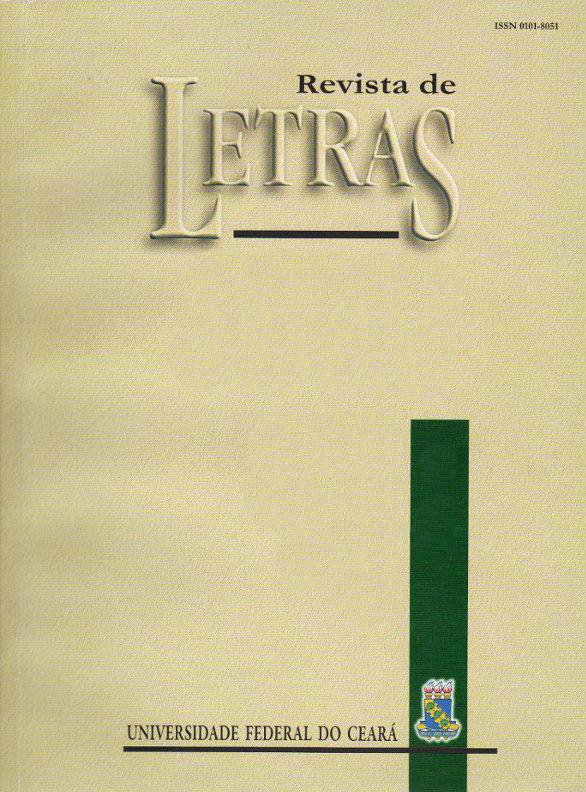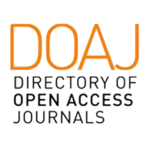ESTRUTURA DE PARTICIPAÇÃO E ALINHAMENTO EM ENTREVISTAS COM ESTUDANTES CABOVERDIANOS
Abstract
The aim of this article is to provide a brief analysis of the participation structure of Cape Verdean students in interviews conducted by PROFALA/UFC from the PEC-G Program at the Federal University of Ceará and UNILAB. The study is a segment of a thesis on Politeness in interviews with Cape Verdean and Timorese speakers, which falls within three theoretical frameworks: Pragmatics, Interactional Sociolinguistics, and Conversation Analysis. For this article, only the latter two frameworks will be considered in order to lay the foundations for understanding the organizational structures of interaction. As the primary representatives of these theoretical approaches, Goffman (1967, 1979, 2002) and Philips (1972) were selected. The results demonstrate the dynamics of role exchanges, animators-authors, frame shifts, and alignments. The realignment in the role of authors makes concerns about face more apparent, and the structure of type 1 seems more likely to create greater tension among the interactants. The participation structure appears to have contributed to the effective exercise of linguistic politeness in the interactions under study.
Keywords: interaction; participation structure; alignment.
Downloads
Downloads
Published
Versions
- 2024-08-21 (2)
- 2024-08-09 (1)
How to Cite
Issue
Section
License
Copyright (c) 2023 Revista de Letras

This work is licensed under a Creative Commons Attribution 4.0 International License.
Autores que publicam nesta revista concordam com os seguintes termos:- Autores mantêm os direitos autorais e concedem à revista o direito de primeira publicação, com o trabalho simultaneamente licenciado sob a Licença Creative Commons Attribution que permite o compartilhamento do trabalho com reconhecimento da autoria e publicação inicial nesta revista.
- Autores têm autorização para assumir contratos adicionais separadamente, para distribuição não-exclusiva da versão do trabalho publicada nesta revista (ex.: publicar em repositório institucional ou como capítulo de livro), com reconhecimento de autoria e publicação inicial nesta revista.
- Autores têm permissão e são estimulados a publicar e distribuir seu trabalho online (ex.: em repositórios institucionais ou na sua página pessoal) a qualquer ponto antes ou durante o processo editorial, já que isso pode gerar alterações produtivas, bem como aumentar o impacto e a citação do trabalho publicado (Veja O Efeito do Acesso Livre).

.png)






.png)
